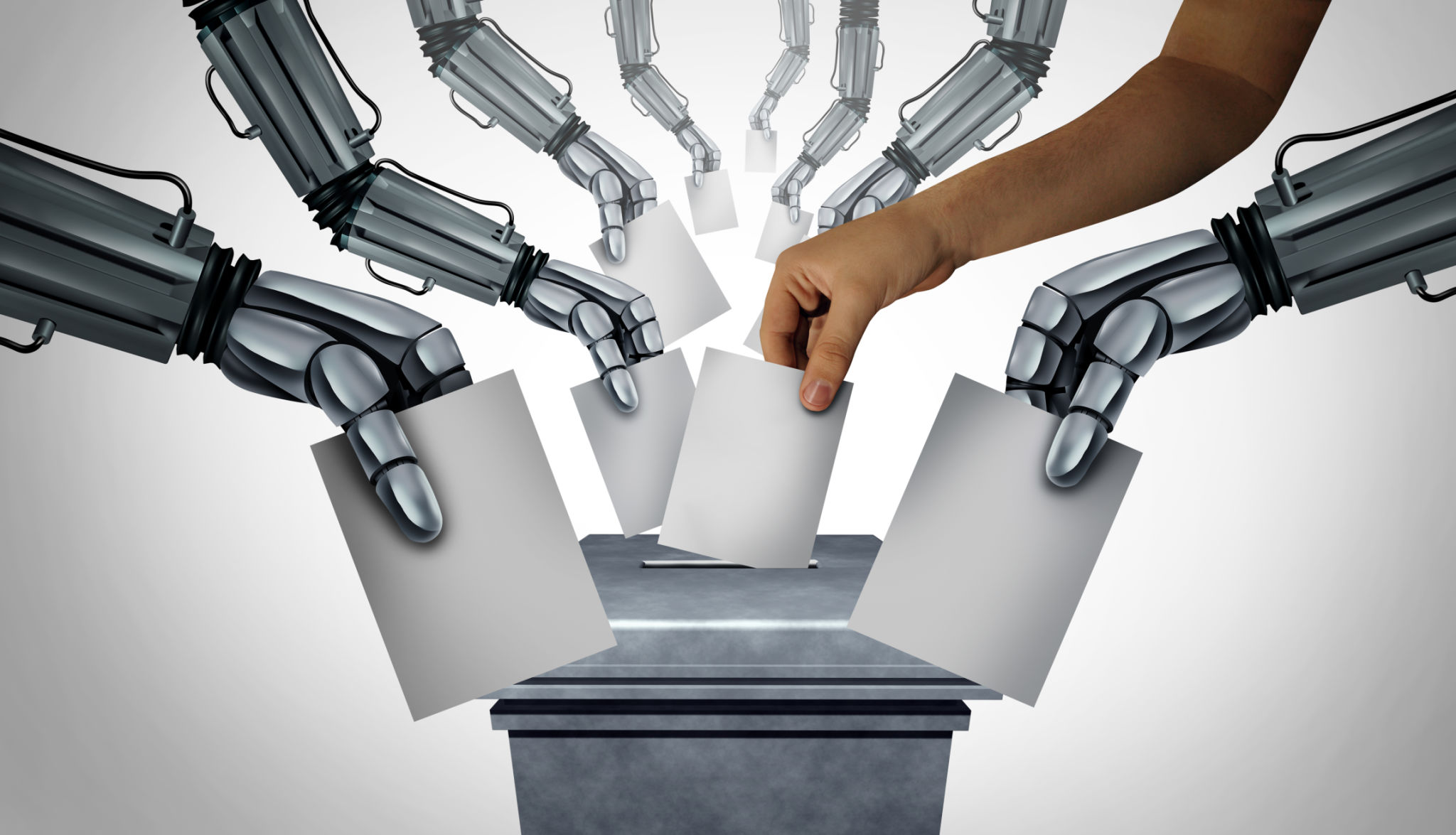The Future of Voting: AI and Its Impact on Democracy
The Role of AI in Modern Voting Systems
As technology continues to advance, the integration of artificial intelligence (AI) in voting systems is becoming a significant topic of discussion. AI has the potential to revolutionize how we approach elections, ensuring greater accuracy and efficiency. However, the implementation of AI in voting also presents challenges that need careful consideration.

AI can streamline the voting process by automating voter registration, verifying identities, and even counting votes. By leveraging AI, electoral commissions can reduce human error and improve the accuracy of election results. This could lead to increased trust in the democratic process, as citizens gain confidence in the integrity of elections.
Enhancing Voter Accessibility
One of the most promising aspects of AI in voting is its ability to enhance accessibility for all voters. AI-driven systems can provide support for people with disabilities, offering features like voice assistance and automated translation services. This ensures that every citizen has the opportunity to participate in the democratic process without barriers.

Moreover, AI can help manage and analyze vast amounts of data to identify trends and patterns in voter behavior. This information can be used to tailor outreach efforts, ensuring that underrepresented groups are informed and engaged in the electoral process.
Challenges and Ethical Considerations
Despite its advantages, the use of AI in voting raises several ethical and security concerns. Issues such as data privacy, algorithmic bias, and the potential for hacking need to be addressed to ensure that AI systems are fair and secure. Governments and tech companies must work together to create robust frameworks that protect voter data and ensure transparency.

Additionally, there is the question of accountability. As AI systems take on more responsibilities in the voting process, determining who is accountable for errors becomes complex. Clear guidelines and regulations are essential to define responsibility and maintain public trust.
The Future Landscape of Democracy
AI's impact on democracy is profound and multifaceted. By improving efficiency and accessibility, AI has the potential to enhance democratic participation. However, to fully realize these benefits, it is crucial to address the ethical challenges and ensure that AI systems are designed to uphold democratic values.
As we look to the future, collaboration between technologists, policymakers, and the public will be key to harnessing AI's potential while safeguarding democracy. This collaborative approach will help create a voting system that is not only more efficient but also more inclusive and trustworthy.

In conclusion, AI offers exciting possibilities for the future of voting. By embracing these innovations responsibly, we can create a more robust and equitable democratic process. The journey towards AI-enhanced voting is just beginning, and its success depends on careful planning and ethical considerations.